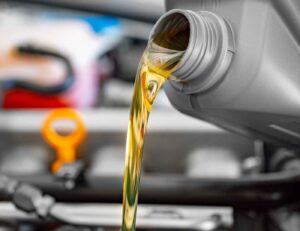
5 Warning Signs It’s Time for an Oil Change
June 29, 2025
No Comments
5 Warning Signs It’s Time for an Oil Change Oil is the lifeblood of your engine. It lubricates moving parts,
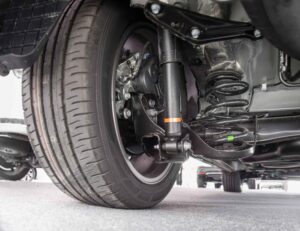
Why Is My Car Leaning to One Side? Causes & Fixes
June 27, 2025
No Comments
Why Is My Car Leaning to One Side? Causes & Fixes If your car is noticeably leaning to one side
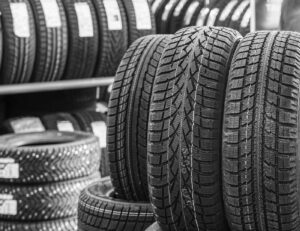
5 Signs of Overinflated Tires
June 8, 2025
No Comments
5 Signs of Overinflated Tires 5 Signs of Overinflated Tires 5 Signs of Overinflated Tires Introduction Tire pressure may seem
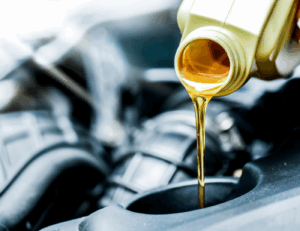
10 Steps to Change Engine Oil: A Comprehensive Guide by Mr. MechaniQ
June 4, 2025
No Comments
Regular oil changes are essential to maintain your vehicle’s performance and longevity. At Mr. MechaniQ, we understand the importance of
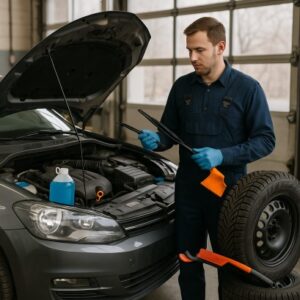
Preparing Your Vehicle for Seasonal Changes
May 11, 2025
No Comments
Our cars need extra attention when the seasons change to keep running smoothly. Whether it’s harsh winter cold or blazing
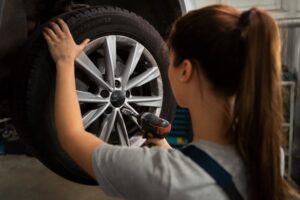
Understanding the Tire Pressure Monitoring System (TPMS)
May 7, 2025
1 Comment
Tire pressure may seem like a minor detail, but it plays a significant role in your vehicle’s performance and safety.

